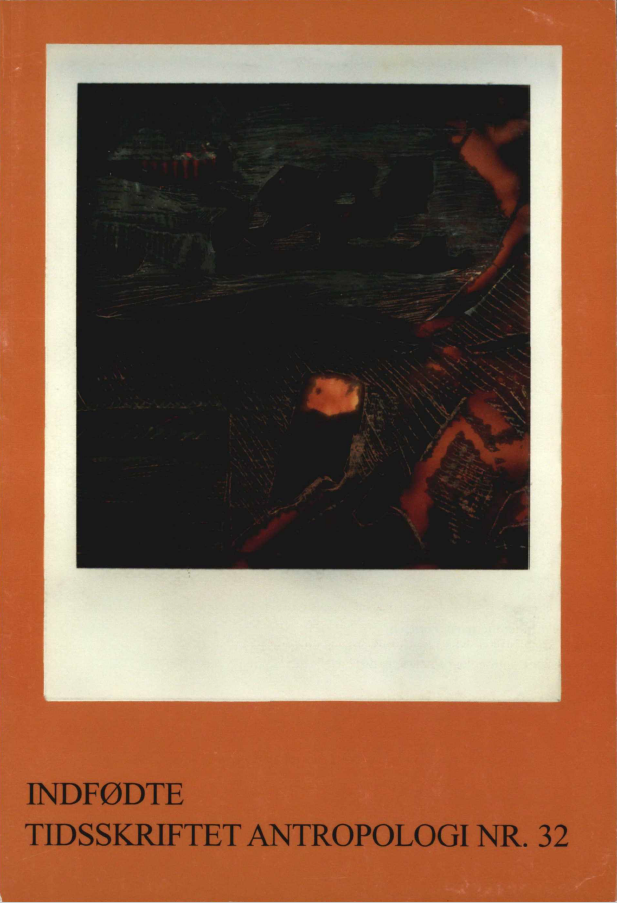NÅR KULTUR SKAL „BEVARES" - perspektiver fra et vestindisk projekt
DOI:
https://doi.org/10.7146/ta.v0i32.115441Resumé
Karen Fog Olwig: When culture is to be
„preserved“: perspectives from a West Indian
research project
At the same time as anthropology has begun
to apply a more processual perspective to the
study of culture as fluid and changing, many
of the „fourth world“ peoples studied by
anthropologists have become preoccupied
with codifying their culture in the form of
aboriginal, authentic traditions which can be
preserved from change. This concem with
cultural traditions is tied to the struggle for
human rights by indigenous people. The
concept of culture as unchanged traditions is
not only in conflict with current anthropological
thinking, it is also ill suited to the
struggles of peoples who cannot claim this
form of ancient indigenous status, but who
nevertheless share with „fourth world“
peoples the same need to defend their cultural
autonomy. Among this latter group is the
people of the Caribbean, who are indigenous
to Africa, but came to the islands as part of a
process of colonization. This article is based
upon a study of the difficulties faced by such
a non-indigenous, but nevertheless „native“
community of several centuries standing, in
their efforts to defend their cultural and economic
autonomy. In the West Indian case
modem anthropological theory and the population
studied by anthropologists need not
be in conflict.
Downloads
Publiceret
Citation/Eksport
Nummer
Sektion
Licens
Ophavsretten til artiklerne i Tidsskriftet Antropologi tilfalder forfatteren.
Artikler publiceret i Tidsskriftet Antropologi må citeres, downloades og videresendes for ikke-kommerciel brug, under forudsætning af normal akademisk reference til forfatter(e) samt tidsskrift, årgang, nummer og sider. Artiklerne må kun genudgives med eksplicit tilladelse fra forfatter(e) og tidsskriftet.


